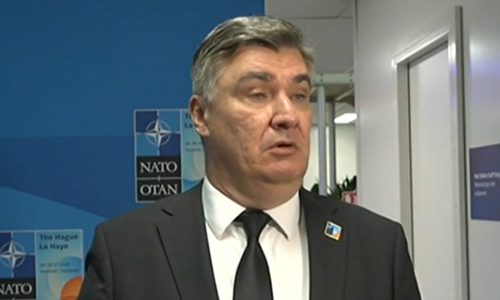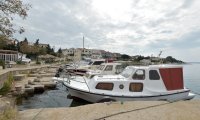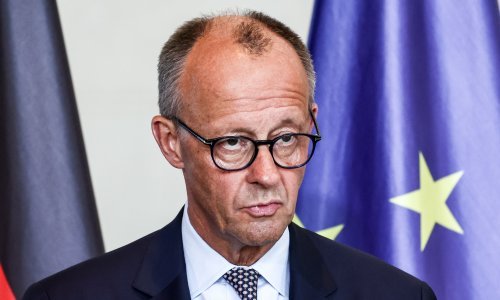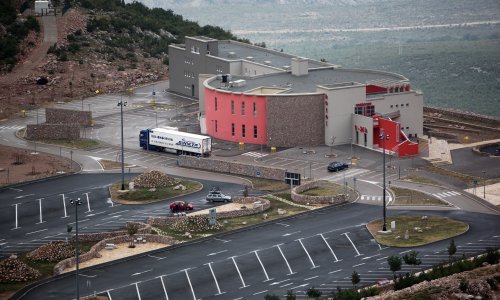The three biggest economic challenges currently faced by Croatia are fiscal consolidation, further structural reforms aimed at increasing competitiveness, and preparedness for joining the European Union, World Bank Director for Croatia Hongjoo Hahm said in an interview with the Al-Jazeera Balkans television network in Washington.
Hahm discussed these issues with Croatian Finance Minister Slavko Linic and the Deputy Governor of the Croatian National Bank, Boris Vujcic, during the spring meetings of the International Monetary Fund and the World Bank in Washington this weekend.
We discussed with the Croatian government officials three broad areas for action, the most important one being fiscal consolidation and sustainability, Hahm said, stressing the need for rationalisation.
The second area is structural reform which Croatia has not completed, including encouraging growth in the private sector and privatisation in order to increase competitiveness.
Increasing competitiveness is very important because Croatia will now have to compete with the rest of Europe and the world, and not just with Serbia and Macedonia, Hahm said.
The third area of action is increasing preparedness for EU entry.
The EU will come and give a lot of money to support Croatia. Croatia must be prepared to absorb that money and must not follow in the footsteps of other EU members that absorbed it at a very low level, Hahm said.
Croatia has had three years of negative growth, a very deep recession, the deepest since it became independent, and the World Bank's outlook for 2012 is also negative. These are very difficult economic times for Croatia, but it is time for action for Croatia to weather this storm, he said.
Hahm expressed hope that the government of Prime Minister Zoran Milanovic would indeed implement the necessary reforms in order to pull the country out of the recession.
The new Croatian government has been in power for more than 100 days now. We think that the honeymoon is over and that now is the time for action. The previous government did not take action at the end of its term, and the new one one appointed ministers, deputies and assistants, which took time. That process is over now and we hope that the government can really put the reforms back on track, he said.
The World Bank has warned the countries of Eastern Europe and Central Asia about the negative effects of the spillover of the eurozone crisis, and Hahm believes that Croatia, because of its close integration with Europe, can hardly avoid such a scenario.
Croatia is very integrated with the rest of Europe, the integration of the Croatian financial market with Italy, Austria and Slovenia is high. The banks in Croatia are to a large extent foreign owned, and there is also great trade integration with Europe, especially with Italy. If the eurozone goes into a deeper and prolonged recession, the spillover of the crisis will have a negative impact on Croatia, Hahm said.
Hahm described the sale of 1.5 billion dollars' worth of Croatian bonds to private investors in the United States as successful and impressive, adding that Finance Minister Linic should be given credit for that effort.




































